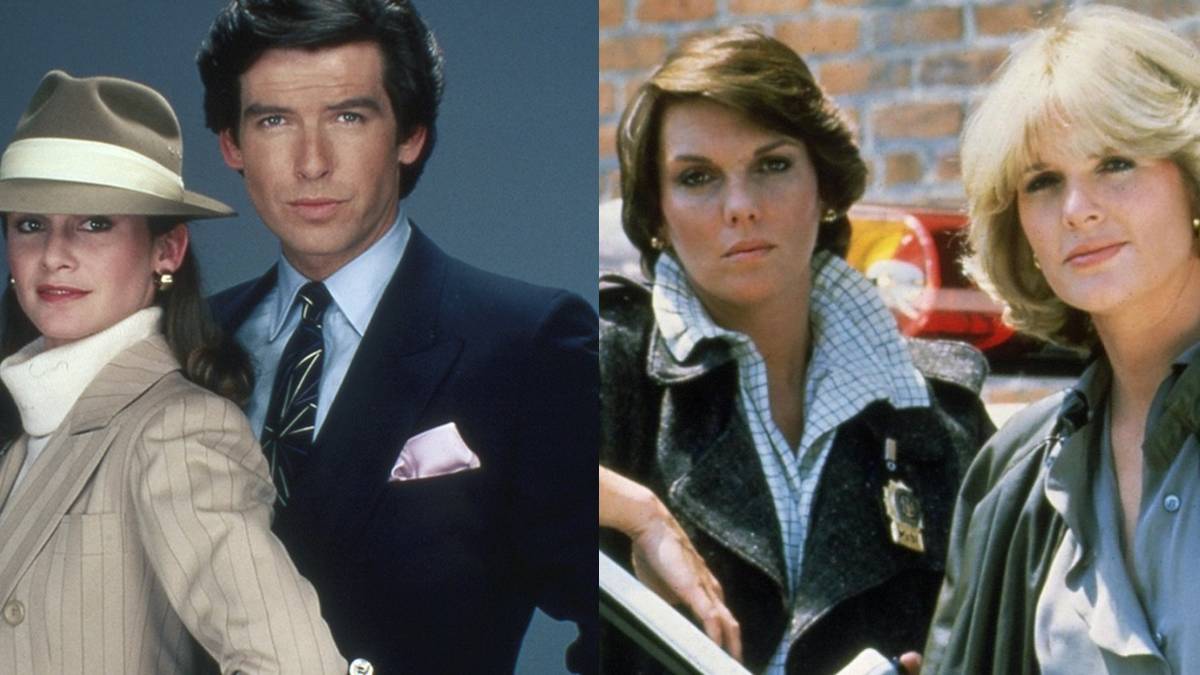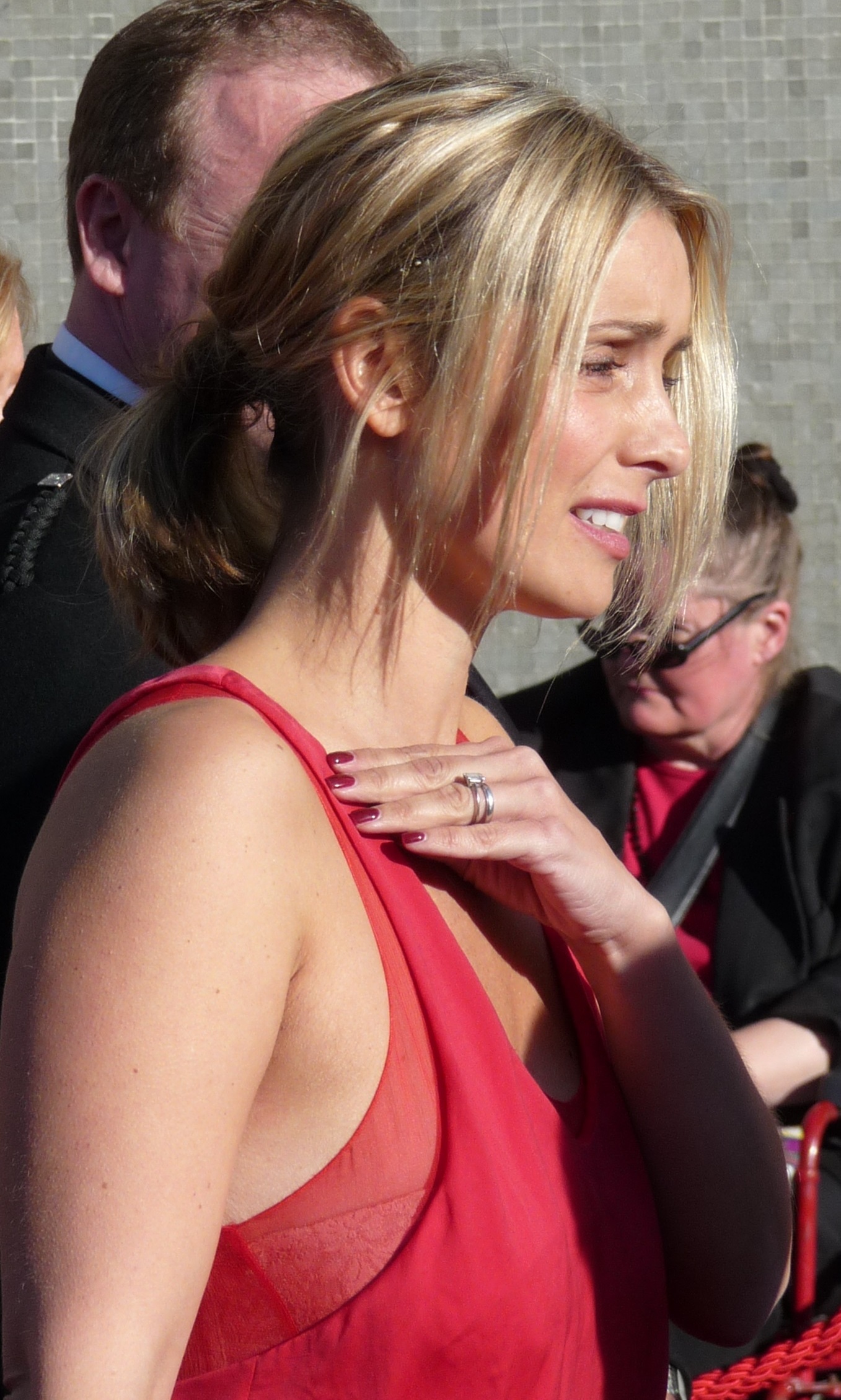
What’s old is undeniably new again. From the recent *Frasier* revival to the much-discussed *Sex and the City* spin-off, television’s cyclical nature frequently mines the deep wells of audience nostalgia, perpetually in search of its next big — or perhaps, its next very old — thing. While this trend isn’t new, its current manifestation, particularly with 1980s television, feels different, almost urgent, as if a collective cultural memory has suddenly flickered back to life, demanding a revisit.
Indeed, the entertainment industry is awash in remakes, reboots, and reimaginings, spanning sitcoms, movies, and beloved classics. This phenomenon isn’t merely a coincidence; it’s a direct response to a complex interplay of cultural, technological, and emotional factors. Audiences are not just passively consuming what’s new; they are actively flocking back to content that’s decades old, driven by a powerful pull that transcends mere idle curiosity.
But why the particular fixation on the 80s? The decade wasn’t just a period; it was an aesthetic, a cultural force that produced some of the most unforgettable TV shows ever made. These were series that delivered everything from family-friendly sitcoms to outrageous sci-fi adventures, crafting stories and characters that, as the saying goes, still live rent-free in our heads today. As we delve into the heart of this resurgence, we’ll explore specific examples that illustrate this enduring appeal, showing how the spirit of 80s television, with its pioneering series and genre diversification, continues to captivate and inspire, offering both comfort and new perspectives.

1. **Knight Rider**A crime-fighting loner and his talking car – for many, this premise alone encapsulates the glorious absurdity and pure entertainment value of 80s television. *Knight Rider* was more than just an action series; it was a weekly dose of futuristic wish fulfillment, powered by the incomparable David Hasselhoff as Michael Knight and K.I.T.T., the coolest, most articulate sidekick any hero could ever wish for. The show had all the right ingredients: action, a touch of mystery, and a clear-cut sense of justice.
Its enduring appeal lies in this fantastical yet grounded concept. The idea of artificial intelligence as a trusted partner, not just a tool, was revolutionary for its time. With today’s rapid advancements in technology, particularly in AI and autonomous vehicles, a *Knight Rider* reboot could elevate the futuristic car concept to dizzying new levels, making K.I.T.T. even more sophisticated and integrated into crime-fighting, pushing the boundaries of what a vehicle can do.
Moreover, the core dynamic of a lone wolf battling injustice with an intelligent machine resonates deeply in an era fascinated by tech ethics and the human-machine interface. The sense of escapism, combined with the underlying moral compass of Michael Knight, makes *Knight Rider* a powerful nostalgic draw. Its return would not just be a rehash but an opportunity to explore contemporary questions about surveillance, privacy, and advanced technology through a beloved, high-octane lens, ensuring its place as a show “undeniably vying for a reboot.”

2. **The A-Team**When you needed a problem solved, and no one else could help, “the A-Team had your back.” This iconic series was a masterclass in blending explosive action with a lighthearted, almost comedic, touch. The ragtag team of ex-Special Forces soldiers, on the run but always doing good, embodied a particular brand of 80s heroism – resourceful, morally ambiguous but ultimately righteous, and endlessly entertaining. Their ability to turn mundane objects into formidable contraptions was pure MacGyver-esque genius.
The show’s popularity wasn’t just about the weekly dose of car chases and explosions; it was about the charismatic ensemble and their undeniable chemistry. Hannibal’s plans, Face’s charm, B.A.’s brawn, and Murdock’s delightful madness created a dynamic that was both aspirational and deeply comforting. This sense of camaraderie and unconventional problem-solving is precisely what makes *The A-Team* so ripe for a modern reimagining.
A contemporary reboot could reintroduce that “lovable chaos” while tackling updated missions and perhaps a more complex global landscape. The core theme of outcasts fighting for the underdog, circumventing bureaucracy and corruption, remains eternally relevant. A new generation of viewers, perhaps jaded by overly serious dramas, could find immense joy in *The A-Team*’s unique blend of humor, heart, and high-octane action, proving that sometimes, a good plan truly does come together, even decades later.

3. **Cheers**Few television settings are as universally recognized or as warmly remembered as the Boston bar “where everybody knows your name.” *Cheers* wasn’t just a sitcom; it was a cultural institution, a masterclass in character-driven storytelling that redefined the genre. Its witty humor, sharp dialogue, and unforgettable ensemble of quirky patrons and staff made it a weekly appointment for millions, establishing a blueprint for ensemble comedies that would follow for decades.
The show’s power lay in its ability to create a sense of community and belonging, a comforting haven where personal woes could be aired, and existential questions debated, all over a pint. This authentic human connection, delivered with consistent comedic brilliance, makes *Cheers* a perennial favorite for rediscovery. Streaming platforms have allowed new audiences to experience the effortless charm and timeless jokes, solidifying its legacy.
For a reboot, the challenge would be immense, as replacing such an iconic cast is a Herculean task. However, the concept of a local watering hole as a microcosm of society, filled with distinct personalities, remains universally appealing. A “new generation could bring fresh laughs while also paying tribute to the original crew,” perhaps exploring how modern relationships, digital connections, and social anxieties play out in a traditional, in-person setting. The fundamental human need for connection, for a place where one feels seen and understood, ensures *Cheers*’s enduring resonance.

4. **Family Ties***Family Ties* expertly captured the generational divide of the 1980s, pitting ex-hippie parents against their conservative, ambitious son, Alex P. Keaton. Michael J. Fox’s star-making performance as the young Republican in a household still clinging to 60s ideals was a brilliant comedic turn, showcasing how humor could be found in ideological clashes without sacrificing warmth or family love. The show provided not just laughs but also a nuanced look at evolving American values.
In today’s hyper-polarized political and cultural climate, the core premise of *Family Ties* feels “as relevant (and hilarious) as ever.” The opportunity for a reboot to explore new generational clashes – perhaps Gen Z parents grappling with AI-savvy children, or Millennials navigating Boomer relatives – is immense. The show’s strength was its ability to address societal shifts through the intimate lens of family dynamics, making it relatable across demographics.
The enduring appeal of *Family Ties* lies in its authentic portrayal of a family navigating conflicting worldviews with love and respect. It taught viewers that differences could coexist within a loving home, a message that holds profound weight today. A modern version could provide much-needed comedic relief and insightful commentary on how we bridge divides in an increasingly complex world, proving that family, in all its messy glory, always ties us together.

5. **ALF**Who wouldn’t want to see everyone’s favorite wisecracking alien back on screen? *ALF* was a genuinely unique sitcom, taking the classic “alien lands on Earth and chaos ensues” trope and infusing it with a healthy dose of sarcastic humor and interspecies family dynamics. Gordon Shumway, a.k.a. ALF, the Alien Life Form from the planet Melmac, crash-landing into the suburban Tanner family’s life, created endless comedic possibilities and heartwarming moments.
The show’s charm was its ability to blend sci-fi elements with everyday family life. ALF’s penchant for trying to eat the family cat, his obsession with television, and his often-inappropriate commentary provided a distinct brand of humor that captivated audiences. With today’s leaps in special effects and puppetry, a new *ALF* could bring the Melmacian to life with unprecedented realism, making his “hilarious misadventures…even funnier.”
Beyond the laughs, *ALF* subtly explored themes of acceptance, adaptation, and what it means to be part of a family, regardless of origin. In an era increasingly fascinated by extraterrestrial life and the search for connection, *ALF*’s return would offer not just “more of those intergalactic laughs” but also a chance to reflect on humanity’s place in the cosmos through the eyes of a mischievous, beloved alien. It’s a show that promises both nostalgic comfort and fresh comedic angles.

6. **Moonlighting***Moonlighting* was more than just a detective show; it was a cultural phenomenon driven by the “magic” chemistry between Bruce Willis and Cybill Shepherd. As David Addison and Maddie Hayes, their rapid-fire, witty banter and simmering romantic tension set a new standard for on-screen relationships, proving that unresolved ual tension could be the ultimate narrative engine. The show broke the fourth wall, played with genre conventions, and injected a playful self-awareness that was groundbreaking for its time.
Its distinct style—cinematic, smart, and often theatrical—elevated it beyond typical weekly mysteries. The dialogue was sharp, the plots were clever, and the leads were undeniably charismatic. This blend of romantic comedy, detective drama, and meta-narrative appeal makes *Moonlighting* perfectly suited for rediscovery today, especially with audiences’ appetite for sophisticated, witty storytelling that challenges traditional formats.
A reboot could easily “recapture that spark with new leads and clever mysteries,” while also embracing modern sensibilities regarding workplace dynamics and gender roles. The core appeal – two highly intelligent, attractive people verbally sparring their way through crimes while battling their undeniable attraction – ensures that “romantic tension and witty banter never go out of style.” *Moonlighting* offers a template for intelligent, engaging entertainment that feels as fresh today as it did in the 80s.




